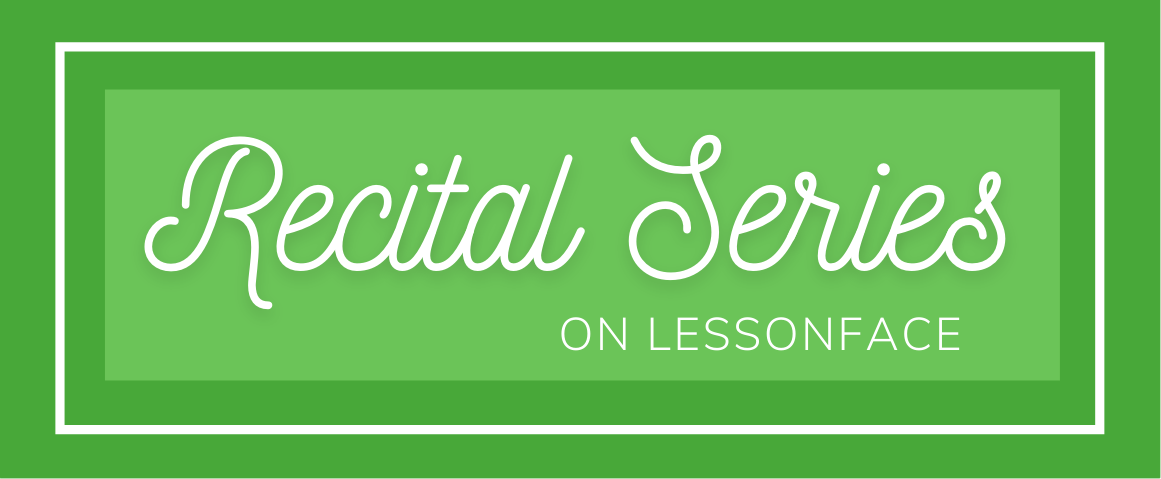Hi all!
I wanted to share a quick video of some practice tips to make sure you're spending your time wisely when practicing. My main points in this video are:
- Getting ready mentally to practice
- Quality is more important than quantity
- Keep a practice journal!
- Focus on the positives and reframe struggles
Anyone else have ideas to make practicing efficient and effective?





I've developed a structured practicing method by incorporating the Pomodoro Technique. ?
This method can be broken down into 4 steps:
STEP 1. ~ Set the timer for 25 minutes and practice one piece for that duration.
STEP 2. ~ TAKE A 5 MINUTE BREAK!! ?
STEP 3. ~ REPEAT 4 times. (25min & 5min break) x4
STEP 4. ~ Take a longer break at the end of this practice.
?TIPS & TRICKS: ?
~ Incorporate a note book and make notes while you play. Focus on one thing at a time. Clap your rhythms. Listen to as many recordings of that piece. Try to sing the melody.
I hadn't thought about using the Pomodoro Technique for practicing, but that's a great idea, Heather! I've definitely used it for working and found it helpful for staying focused, but hadn't thought to extend it to practicing.
You've also got a great point about listening to the music you're working on — there's so much to be learned and absorbed by listening to great performances, but it's not something we tend to prioritize as we should.
Hi! Here are some of my thoughts on practice which come from my own experience and from helping my students. I think practising is a very individual thing and each person needs to explore a bit to find what suits them best and be free to be flexible from day to day. Anyway here are some common practice problems and I hope you might have fun with my suggestions!
1.Wandering concentration
~ if possible find the best time of day when you feel alert and calm
~ be clear - Decide how long to practise for, exactly what you’re going to practise and what you want to improve
~try and stick to the plan!
~ divide your practice up into sections eg. 10 minute chunk for each piece
~ Having a goal like a performance coming up can focus the mind
2. Lack of Inspiration
~. have a chunk of practice time when you don’t worry about playing everything correctly….let your imagination go wild for a bit!
~ try experimenting with different sounds - what is possible on your instrument?
~ put your instrument down and sing the music, mime playing, or even dance to it!
~ try some improvisation (can be simple as simple as you like - even on one note)
3. Feeling stuck/tired/aches and pains/discomfort
~ put the instrument down
~ listen to a recording or read about the music you are playing
~ take a short break, refresh and continue ~ lie on the floor with your knees bent and some books under your head, allow some of the tension to let go
~ never keep push yourself if you are in pain
4.Stuck on one difficult bit?
~ try to simplify as much as possible, don't keep repeating aimlessly
~ slow it right down, maybe use a metronome
~ how many ways can you invent to practise it?
~ if you’re brave, try recording or filming yourself for extra feedback
Good luck! And happy practising…
This one may not be for everybody, but it works perfectly for me and my mental "wiring":
A huge beneficial game-changer to my practice habits that I made early in my musically formative years (and never looked back) was to stop practicing to time periods and start practicing to numbers of repetitions. I found that when I used an "egg timer" mentality, I'd keep getting distracted by constantly looking at the clock to see if I was finished yet, and unconsciously slowing down and taking more little breaks to kill time, which was distracting. It's like my inner child kept saying "Are we there yet? Are we there yet?" But whenever I worked on a pre-determined number of "reps", I'd always reach my goal for that day regardless of the time it takes.
Example: instead of saying "I'm going to practice this exercise/ lick/ song passage/ etc. for 45 minutes", I say "I'm going to practice this exercise/ lick/ song passage/ etc. 50 times". I knock the reps out and I'm done, or move onto the next exercise. I can also scale up my number of reps as I progress along the learning curve of any given exercise. Sometimes I'm done early, sometimes I'm done later, but my number of reps is what's consistent!
-Tyson